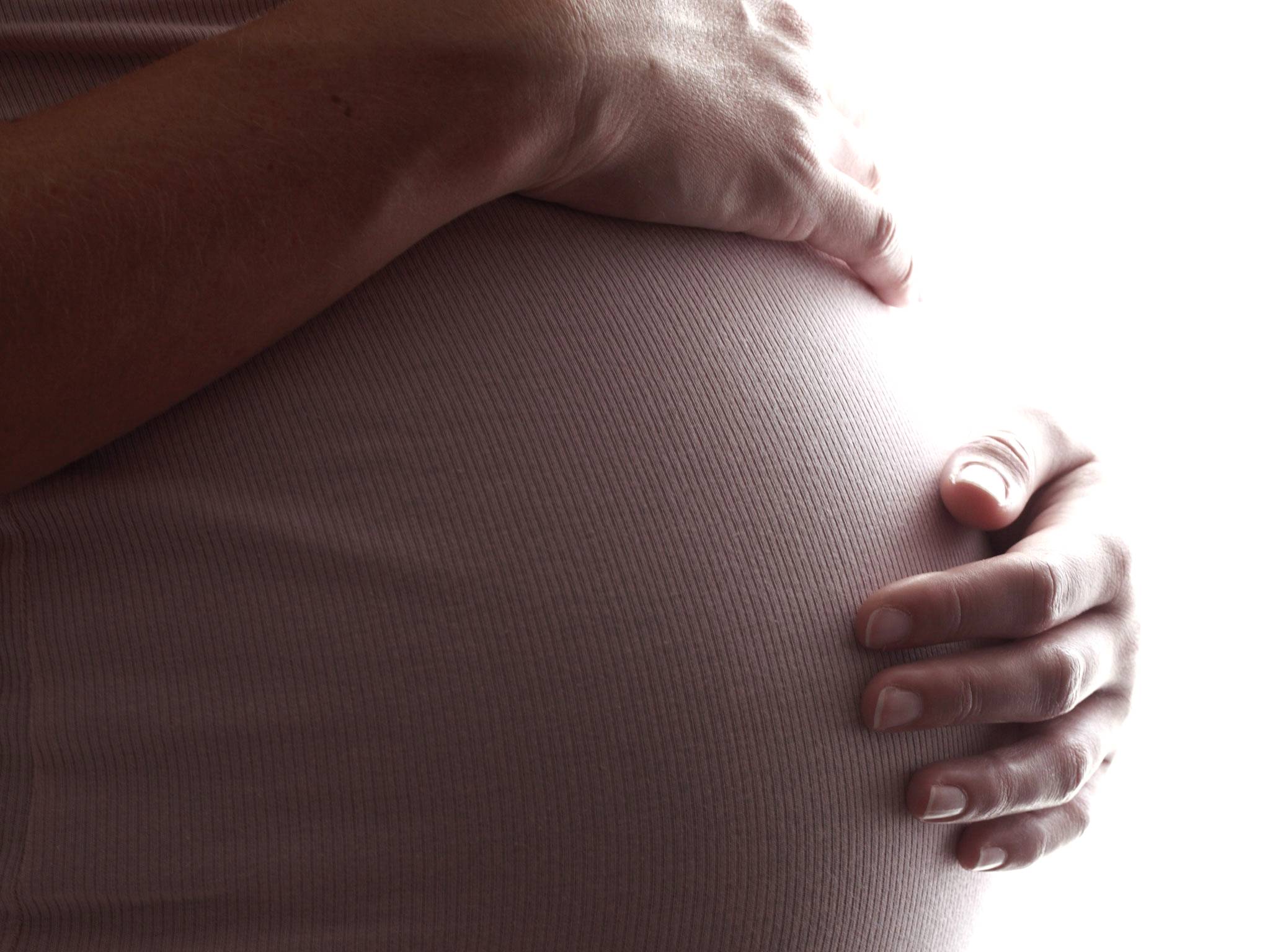‘Know that your mother loved you; it is not your fault’: Judge’s heart-breaking message to baby girl of Italian woman forced to have a caesarean
Mother's lawyer says decision to make her have a c-section was 'absolutely unreasonable'

A judge in the case of the Italian woman forced to have a caesarean included in his judgement a message to the baby girl to be read when she is older.
With the mother suffering from bipolar disorder and having been “profoundly unwell” when she gave birth, Judge Roderick Newton ruled that adoption was the best route to allow the child “a permanent, predictable and stable home”.
The decision was made in February by the secretive Court of Protection, and since the case came to light in the past week it has been debated in the House of Commons and met with derision around the world.
The Ministry of Justice has now published the original judgement, in which Mr Newton gave his reasoning for refusing the Italian 35-year-old custody of her baby.
In a message for the baby, now 15 months old and known only as “P”, Mr Newton wrote: “If in later life P reads this judgment, as she may well do, I hope that she will appreciate that her mother in particular loved her and wished for her to return to live with her and to bring her up.
“It is not her fault, nor P’s, that that was not possible and that a predictable home could only be secured by way of adoption.
“P should know that the mother very much wished to parent her and bring her up and I hope that that is some small comfort both to the mother and also to P.”
Mr Newton added that he hoped the mother would be able to meet her child’s adopters, and though he said it “will not be easy”, added that it is important for P “to know that her birth family… will continue to take an interest in her”.
Speaking today to BBC’s Radio 5 Live, the mother’s Italian lawyer Stefano Oliva said: “It is a very unusual statement to be issued by a judge.”
He said there was “absolutely no reason” the woman could not be given a “second chance” to prove she can be a responsible mother to the child, and added: “This woman has only a minor mental disease, which can be cured with medicine. She is not a woman who is not able to understand what is happening around her.”
The mother was in the UK for training with an airline when she stopped taking medication. She was detained under sections 2 and 3 of the Mental Health Act in June 2012, and the local Health Trust was granted a court order to perform the caesarean.
Mr Oliva said: “I do not understand why my client has been forced to have a Caesarean section. From my point of view this decision is absolutely unreasonable.”
Essex County Council then cared for the baby while its mother recovered back home in Italy, visiting roughly once a month. In February this year her application to take permanent responsibility for the child was refused by Mr Newton’s decision.
Yesterday, she told the Italian newspaper La Repubblica: “I want my daughter back. I'm suffering like an animal.”
“They made me have a caesarean without telling me anything. The day of the birth I thought that they were just moving me from one room to another, while I was saying I wanted to go back to Italy. Then I was sedated. And when I woke up she was not with me any longer. They took her from me.”
She said two members of the baby's extended family had been “willing to take the little one into foster care”.
“But the [British] social services ignored them,” she said. “Why? Why did no one help me?”
She added: “I did not give my consent, neither orally nor in writing, to the adoption of my daughter.”
The case drew wide publicity, even though it was heard in private. The president of the Family Division, Sir James Munby, has ordered that any further applications relating to the baby, known only as P, must be transferred to the High Court.
Bookmark popover
Removed from bookmarks